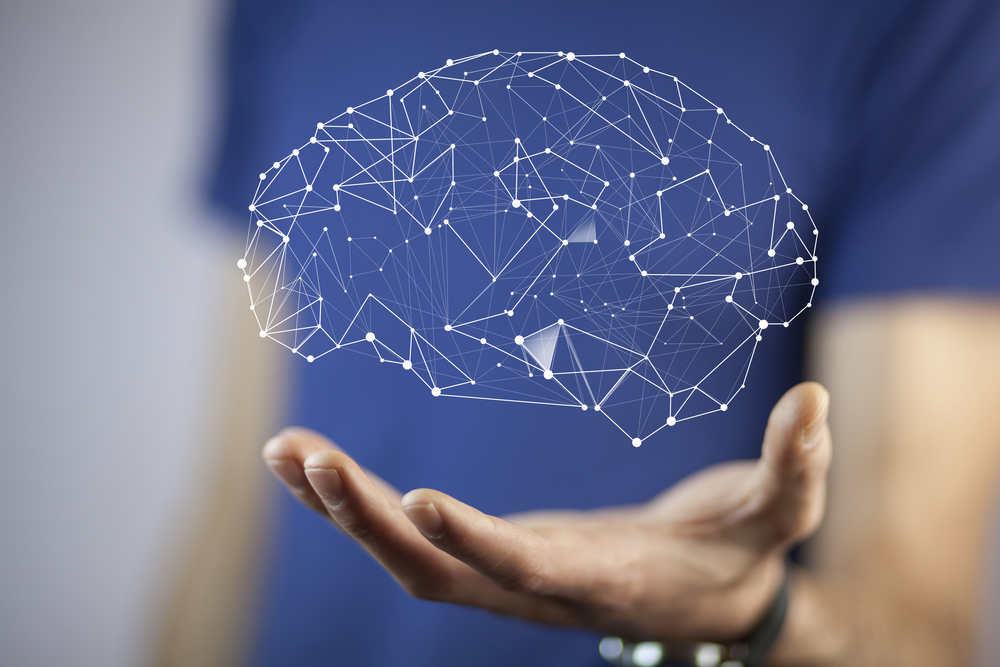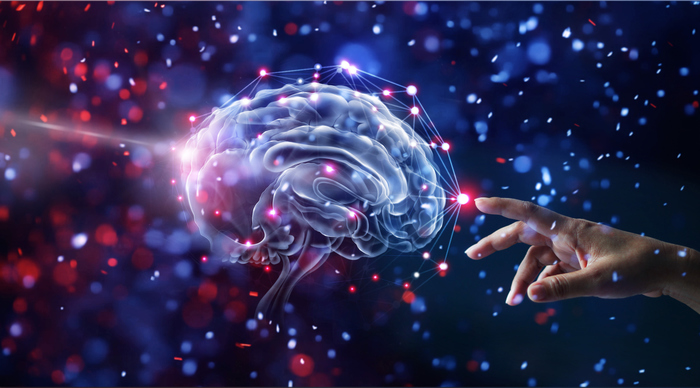Think about your own life and some of the big questions you ask yourself:
How and Why the Brain Changes with Interpersonal Neurobiology
Topics: Mental & Behavioral Health, Interpersonal Neurobiology, institute for health professionals
How Interpersonal Neurobiology Can Make You a Better Leader
During the industrial era, it was enough for leaders to have a succinct and linear way of thinking, display a strong sense of authority, and to exude at least a dash of charisma. In today's world, however, we need leaders with a far more complex set of skills and attributes, many of which relate directly to interpersonal relationships. Work relationships are less and less a top-down and hierarchical matter. Instead, they are ever-more dependent on a fluid, creative, and team-oriented mindset.
Topics: Healthcare, CLIMB Center, Mental & Behavioral Health, Interpersonal Communication
Upcoming Fall Courses from the Institute for Health Professionals
Each term, PCC's Institute for Health Professionals offers professional development courses, in addition to its longer term certification programming. This fall, PCC IHP offers one-day courses in mindfulness, cultural competency, motivational interviewing and several introductory courses for the Interpersonal Neurobiology program.
Topics: Healthcare, CLIMB Center, Mental & Behavioral Health
What is Motivational Interviewing (MI) and How Does It Work?
When a person is attempting to change a habit or behavior (such as beginning to eat healthier, quitting smoking or adjusting their work schedule), one of the most important ways this happens is through intrinsic motivation. This means that the person changing the behavior is motivated by internal factors and desires.
Topics: Healthcare, CLIMB Center, Mental & Behavioral Health, Interpersonal Neurobiology
Interpersonal Neurobiology - Whole-Brain Child
In the early years of life, a child's brain develops rapidly. During this impressionable period, exposure to the right environment is essential to ensure adaptive development and general wellbeing. Because this is such a critical period of brain development, it's important for parents to be aware of the relevant neuroscience research. Understanding this developmental process can aid parents as they navigate the challenges of parenthood.
Topics: Healthcare, CLIMB Center, Mental & Behavioral Health, Interpersonal Neurobiology
PCC Institute for Health Professionals- IPNB program overview
The brain is an important and incredibly complex organ - and only in recent decades have we begun to understand many of its intricacies. It's no surprising that the behaviors and actions of others have been confounding us for most of our lives! The brain plays a critical role in nearly every major body system, and some of its main functions include processing sensory information, regulating blood pressure and breathing and releasing hormones. But beyond regulating physical tasks, our brains also have a role in how we perceive people and our environment, how we remember (and forget), how we may act and think differently than someone else - and how were interact with others in our daily lives.
Topics: Healthcare, Mental & Behavioral Health, Interpersonal Neurobiology, institute for health professionals
Mindfulness as a Practical Tool for Anxiety and Depression
Mindfulness is the practice of being self-aware and truly present. While everyone has the ability to be “mindful,” it takes time and persistence to unlock the positive impact that mindfulness can have on mental health.
PCC’s Institute for Health Professionals has mental and behavioral health classes that include mindfulness as a tool, which can be extremely valuable and empowering when treating patients with anxiety and depression.
Topics: Healthcare, Mental & Behavioral Health
Exploring the Impact of Interpersonal Neurobiology on Therapists and Counselors
The relationships we create throughout our lives contribute a great deal to our personality and behavior. Most psychologists and psychiatrists agree that developing healthy relationships leads to a healthier mind. Interpersonal Neurobiology (IPNB), an approach to care created by Dr. Dan Siegel, focuses on how the brain can be healed through powerful and positive persuasion. This approach combines many areas of science including biology, cognitive science, developmental psychopathology, sociology and mental health. IPNB focuses on integrating all the different aspects that make us unique so we can better understand why we are the way we are and try to correct negative behavior where possible. While an understanding of IPNB can be useful to just about anyone, therapists and counselors can find it especially effective in treating patients.
Topics: Healthcare, Mental & Behavioral Health, Interpersonal Neurobiology
Dementia Facts and Figures: Why Proper Training Matters
As the population of the United States grows older, our country is facing an increase in the number of patients with dementia. As of 2017, more than 5 million Americans are living with Alzheimer’s disease, the most common form of dementia. By 2050, this number could reach 16 million.
Topics: Healthcare, Mental & Behavioral Health
3 Mental and Behavioral Health Courses That Will Make You a Better Social Worker
It takes a special person to be a social worker. One who truly wants to make a positive difference in people’s lives. However, a social worker often faces challenging situations and personalities. Luckily, there are several ways to enhance your skills and make you a better social worker. Here are three behavioral and mental health courses offered through PCC and the Institute for Health Professionals that provide essential information and education for social workers:
Topics: Healthcare, Mental & Behavioral Health











